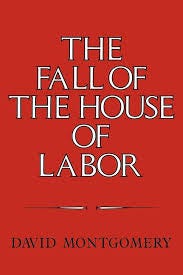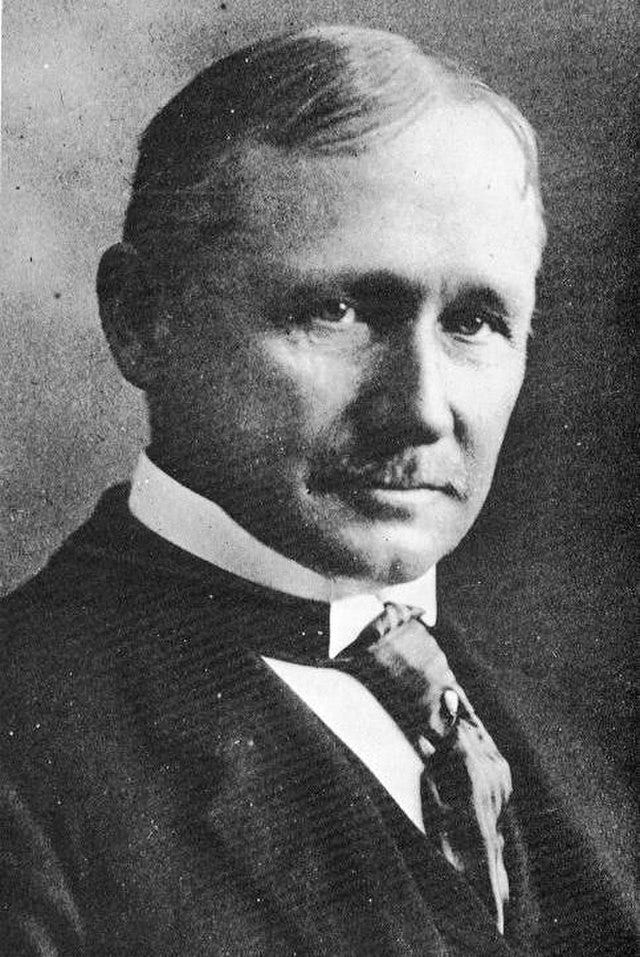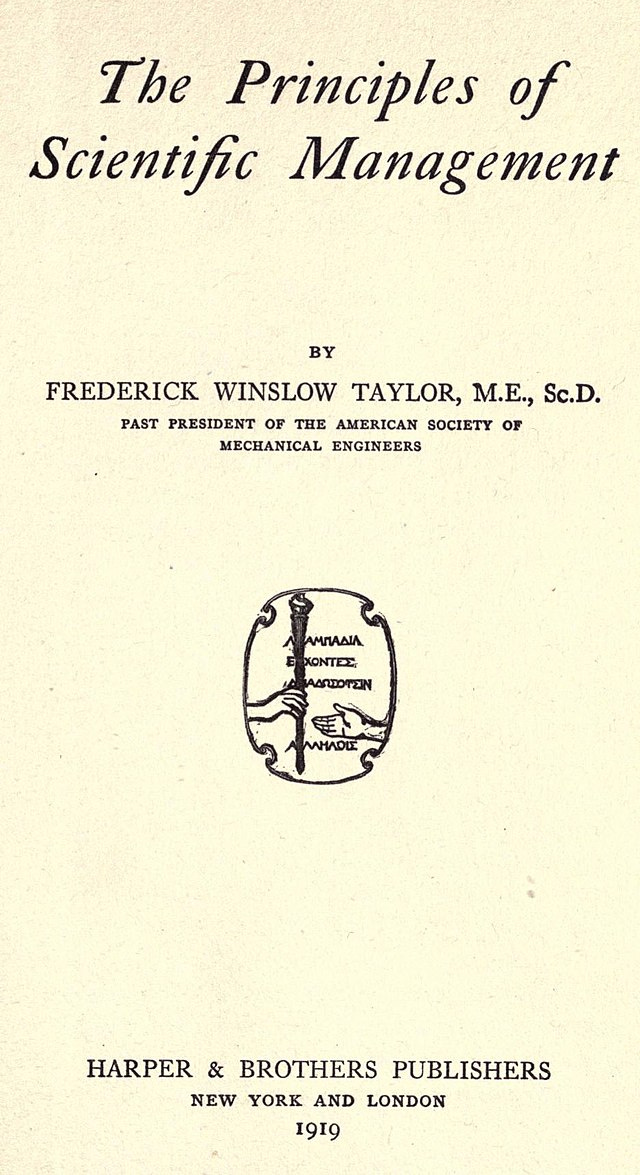Do you hate your job? It’s pretty common these days. And it turns out we have science to thank!
One reason there are so many bullshit jobs today is because our jobs were designed, scientifically, to make you and all your coworkers as replaceable as possible. And it was motivated by a desire to weaken unions and worker power over a century ago.
There’s a name for it – Taylorism. Also known as scientific management. It’s named for its inventor, one Fredrick Winslow Taylor.
Management used to look different. In the days before every manager had a sheepskin proving that they were a “Master of Business Administration,” promoting from within was once the norm. In the capitalist workshops of the 19th century the best craftsmen were typically promoted up through the ranks to foreman. These foremen usually had the most skill and knowledge in the workshop. They were natural leaders, respected by the rank-and-file workers below them because they had earned their positions.
But you see, the people who owned the workshops perceived that skill and knowledge as a threat. Because worker power is a threat to profits.
Here’s what used to happen. Owners of course wanted to keep wages as low as possible – same as they do now. The workers with the most skill and experience were able to demand the highest wages. If workers were ever to go on strike, the owners were screwed. Because of workers’ specialized knowledge, it was damn near impossible for the owners to bring in a bunch of scabs to replace them.
The answer? Make every worker replaceable! It’s been said that Fredrick Winslow Taylor was “the first man in recorded history who deemed work deserving of systematic observation and study.”
Taylor’s innovation was to apply the scientific method in the workplace looking for efficiencies. He was famous for wandering around shop floors with a stopwatch in hand, timing workers as they performed different tasks. The goal was to reduce all work into the simplest routines so that skilled workers could be replaced with unskilled workers – who work much cheaper. To use just one example, the Tabor Manufacturing company’s “thorough application of Taylor’s methods enable[d] it to replace almost all its craftsmen with cheaper help.”
These unskilled workers were meant to be separated from any policy decisions, which Taylor understood should only be the purview of management.
Let’s not forget who was financing Taylor’s experiments – business owners. Scientific management was sold to the public as trying to solve problems of price and productivity. But at its heart, the actual goal was to take control of production away from workers and give it to management alone. As an article from The Fifth Estate noted, “For capitalism to be firmly in control, it must monopolize the information and techniques of output as surely as it controls the rest of the means of production.”

Workers got wise to this scheme right away. Writing in the book The Fall of the House of Labor, David Montgomery writes, “Just as the cause of Taylorism was being wrapped in the banner of progress, democracy, and the common welfare, workers mounted a series of well-publicized revolts against the regime of the stopwatch and incentive pay.” He describes how the very appearance of stopwatches, time cards, and other standardization fully triggered workers – because they understood the significance of what they represented – the elimination of worker power.
From Taylor’s perspective, that was the whole point. Montgomery continues, “With the triumph of scientific management, unions would have nothing left to do, and they would have been cleansed of their most evil feature: the restriction of output.”
So there you have it. Your job sucks because scientific management techniques, perfected over a century ago, intentionally stripped workers of as much power and specialized skill as they could. This tilting of the scales created a world where every worker is replaceable and therefore cheaper. These ideas never went away. They have been refined and perfected for over a hundred years. This is the reason most people hate their jobs. Thank you Fredrick Winslow Taylor!
Please give a like, follow, favorite, repost, and subscribe to my free Substack, where you can get more detail in every post.
Let’s make them pay.







